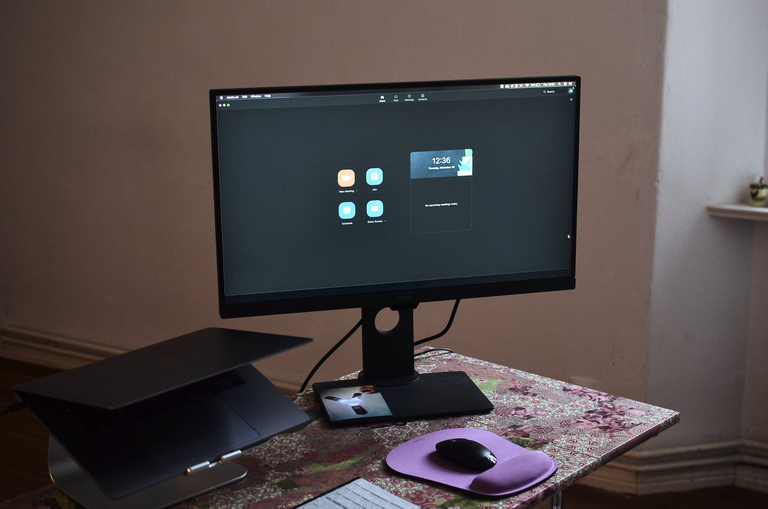Identity is what makes every human different from others, which is the first harmonic right that gives people the right or power to participate in something important. simply like here in hive , we all have our own identity, which allows us to login into the hive platform and execute some functions.
With the high rate at which people's information is stolen on a centralized platform, thither is a need to have a ameliorate means of identification when using the internet, and blockchain technology is on the rise to build a decentralized identity. With the type of blockchain technology projects that are coming out, thither is no doubt that the internet and our privacy put up be impact by much projects.
All centralised platforms have possession of our data, which can be sold to third parties without your approval. With the help of decentralized identity, people will become the actual owners of their data since digital applications and personal undefined will help lay in and encrypt data using a private key. With this, user information wish not be stored on centralised servers that are open to exposure without the permission of users.
With the help of blockchain projects like Blockstack, users can have control over their data and have free from data exposure. Everyone wants personal control of his or her data, and a suburbanised digital identity system is the scoop way to go.
ZERO-KNOWLEDGE PROOFS
In a centralized system, if a person of necessity to prove something almost himself or herself, he or she must provide vital information. For example, if you are to get a loan from a bank, you will be asked to reveal some sensitive selective information earlier your practical application can be accepted. Also, as a citizen, if you must take part in an election, you wish have to provide your identity, which must be known.
With the help of zero-knowledge-proof blockchain technology, such means of recognition wish change. This is because, with zero knowledge of proofread technology, a person can control the validity of his or her information without revealing his or her data. A good blockchain project for solving real-world applications of zero-knowledge proofs is Zcash, which verifies users' entropy without revealing it.
UNIVERSAL IDENTITY
In the cyberspace world, our identity is managed through and through email addresses, usernames, and passwords, which we have to remember before we put up log in. Our accounts can get hacked because we use weak passwords. With the help of blockchain technology, we put up easily log in to websites with simply a click.
In a blockchain, our personal identity is linked to a private key and a public key. The common soldier key is the key through which a exploiter is recognized for monetary system transactions, whereas the public key is the key through which a user is established to log in, which is noncompliant for anyone to hack.
ON-CHAIN REPUTATION
In Web2, which is a centralized system, anyone can easily create a web site and start posting wangle news to receive traffic, which is not good. A decentralized project like Drep, Ontology, and Fantom that is created to undefined reliable information to be circulated online will help reject misrepresent news.
Conclusion
With the help of blockchain technology, everyone would have better control over his or her data, which localized identity is already offering on most platforms. In this post, we have learned about the four ways decentralized identity will mold our privacy and the internet.
